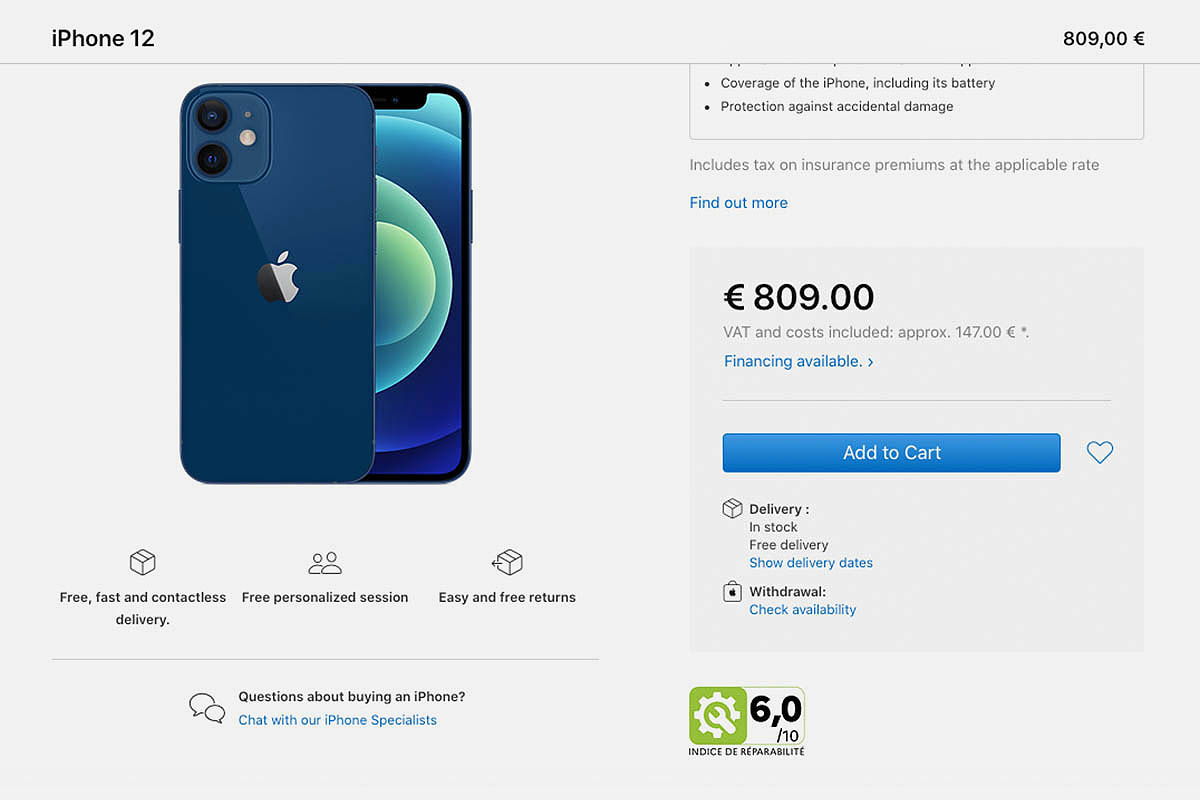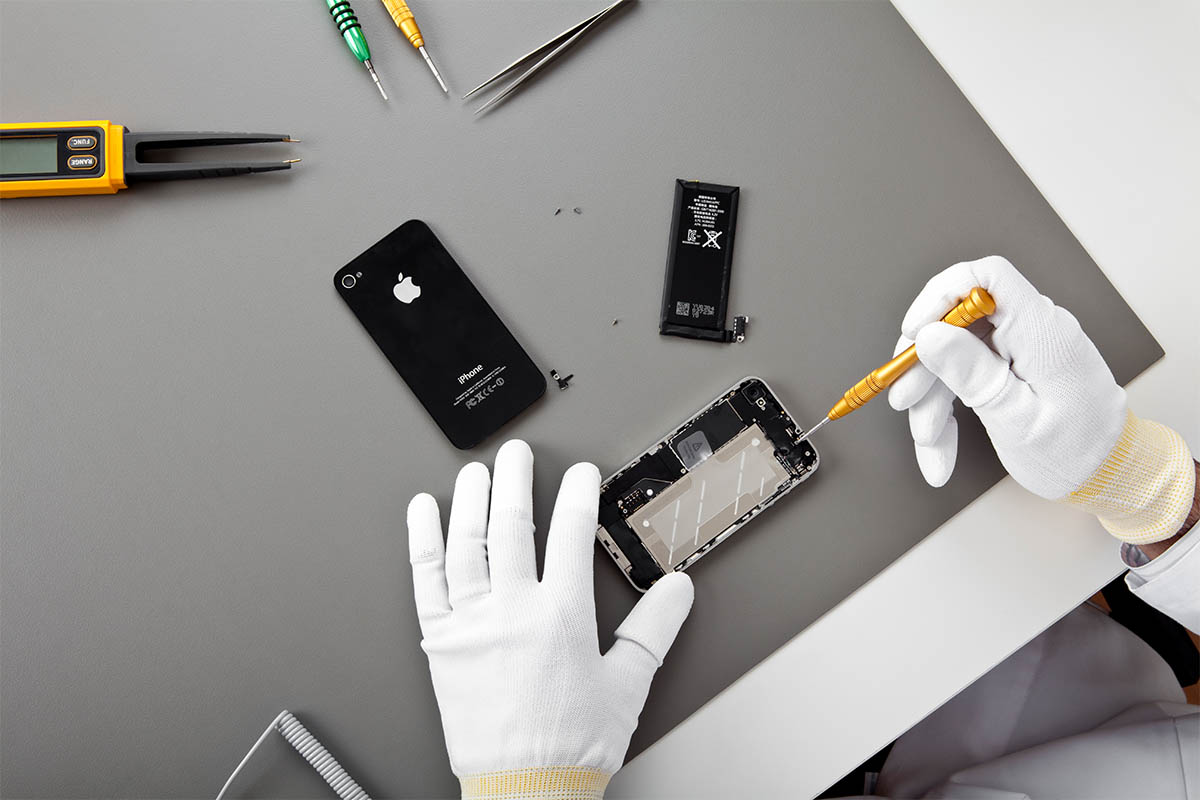If a device that you own breaks, it’s sometimes easier to throw it out and buy something new. Part of that comes from how your phone, car or appliance is made, and some of it comes from litigious companies that want to prevent people from tinkering with their gear.
Europe is certainly doing a better job than us at fixing how your tech is made and how it gets repaired. Late last year, the European Union took a big step toward resolutions that would increase the availability of repair instructions and spare parts for independent repair shops and consumers. More recently, a new French law forced companies like Apple to put “repairability scores” on their products, which (as The Verge notes) labels their tablets, laptops and phones with a 1-10 ranking on “how easily a device can be disassembled and the availability of repair manuals and spare parts.”

It’s not a perfect system and fines won’t be part of the process until 2022, but the overall goal of reducing electronic waste and helping customers with longer-lasting and easily-fixed technology makes this a noble endeavor. And it could help shape product design in the future; Apple might make it easier to swap a battery, for example. As well, this range of new legislation will also make it easier for European consumers to open up their devices with conventional tools and require some appliances to be repairable for a decade. End result: Longer-lasting products and less waste.
While dozens of states have offered their own right-to-repair laws — it’s a rare bipartisan issue — the United States is still lagging, so some companies are going out on their own. Nirav Patel is the founder of Framework, a San Francisco-based startup that aims to create “products you can easily customize, upgrade, and repair, increasing longevity and reducing e-waste in the process.” Their first release came out last week via a modular laptop — every module in the system is end-user replaceable for upgrade or repair purposes, and parts are made available through the Framework Marketplace. Initial press has been extremely positive.
“France’s new law is wonderful, in that it gives consumers the transparency they need to be able to identify and choose longer lasting products,” Patel tells InsideHook. “It’s not technical difficulty or a missing customer base that has held this back. It’s that consumer electronics companies haven’t been willing to do the right thing. Their business models depend on not doing the right thing. Legislation, consumer demand and proof points from companies like Framework are going to force them to do the right thing, but it won’t happen overnight.”
Patel is “hopeful” that E.U. and French laws will pressure tech companies to make similar right-to-repair moves here. Meanwhile, he’s also aware his company isn’t the first to try to make life easier for tech consumers. “There’s measured optimism [about Framework],” he notes. “Folks have been burned too many times in the past by companies promising modular, upgradeable products and never delivering on them. For us, product longevity is the core of what we’re doing, rather than being a side project that falls off the roadmap like other companies have approached it.”
Thanks for reading InsideHook. Sign up for our daily newsletter and be in the know.


















